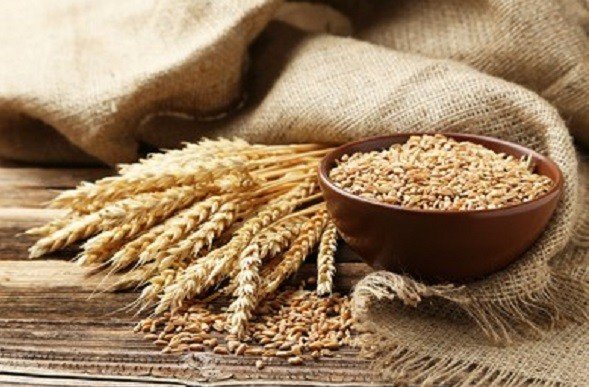Aquaculture Start-up Aquaconnect secures $4M Pre-Series A Round
Funds will be used to strengthen their GIS-enabled fintech product development and accelerate the volume of exports flowing through the platform
Aquaconnect, South Asia’s largest aqua farmers’ network, announced today that it has raised USD 4 million (Rs 29.7 Crores) in a pre-Series A round led by Rebright Partners and Flourish Ventures. AgFunder and 6G Capital also participated in this round, along with existing investors Omnivore and HATCH.
Aquaconnect’s digital platform helps fish and shrimp farmers maximize their income by connecting them with smart farm management tools, financial services and customers. Aquaconnect’s mobile app features predictive SaaS tools for pond management, which improve productivity and help farmers avoid disease risks.
Despite India being the world’s largest exporter of shrimp and second largest aquaculture producer globally, the industry is fraught with various challenges ranging from unscientific farming practices to inefficiencies in the value chain. Aquaconnect’s full-stack platform provides a 360-degree solution for aquaculture farmers. The start-up plans to use this pre-Series A funding to strengthen their GIS-enabled fintech product development and accelerate the volume of exports flowing through the platform. They intend to launch their Series A round in six to nine months.
Raj, Founder & CEO of Aquaconnect, said, “The recent investment from marquee investors like Rebright, Flourish, AgFunder, and others is a strong validation of our goal to become India’s largest aquaculture value chain aggregator, and will help us scale up in both size and scope. We will deploy the fresh capital to scale our farm advisory, financial services, and marketplace for seafood exports.”
Commenting on the investment Brij Singh, General Partner of Rebright Partners, said, “We are backing Aquaconnect to help enable digital transformation in India’s aquaculture industry by supporting all stakeholders to increase exports of high-quality seafood with traceability to key markets like Japan.”
Anuradha Ramachandaran, Investment Director of Flourish, said: “Flourish is proud to back Aquaconnect. Raj and his team have developed a platform that uses data and technology to help farmers maximize their income, access financial services and connect with customers. Aquaconnect is a compelling example of how financial services that are integrated with popular platforms can empower small businesses and enhance their owners’ livelihoods, reflecting the importance of embedded finance as an investment thesis for Flourish.”
Funds will be used to strengthen their














